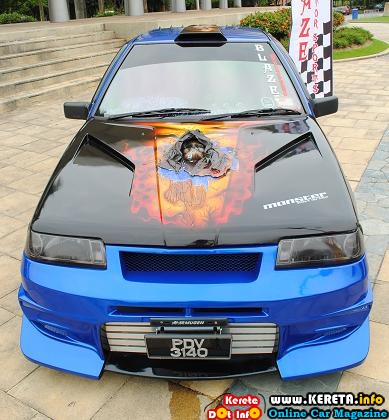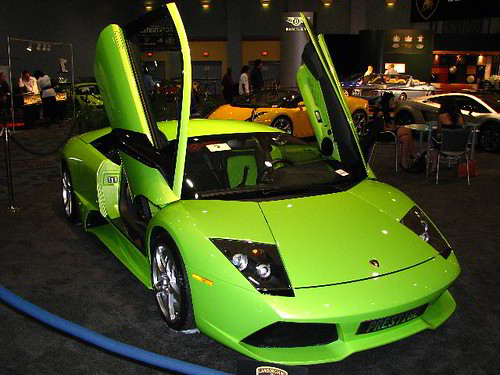|
|
|---|
Friday, May 14, 2010
Nissan’s Lithium-ion Battery Costs Less Than $370 per kilowatt-hour TNR.v, CZX.v, RM.v, LMR.v, WLC.v, CLQ.v, SQM, FMC, ROC, F, NSANY, BYDDY, GM, RNO,
Posted by andre at 12:48 PM"Electric Cars is the only commercially viable technology today to sustain mobility world wide with rising Oil prices. Lithium is at the heart of Green Mobility revolution - it is an industry adopted standard for batteries and billions of dollars are invested into battery technology and upcoming by the end of this year Electric Cars on a mass market scale. This Bull market is still very young - only a year or so from the beginning after the crash of 2008.
We will provide you with few links to study the subject further:"
TopNews:
Nissan’s Lithium-ion Battery Costs Less Than $370 per kilowatt-hour
We will provide you with few links to study the subject further:"
It will be all about the price in the end: mass market in EV space will be driven by affordability. Aggressive pricing by Nissan brought first pricing wars in the sector. Nissan Leaf will go on sale with little bit over 25000USD after federal tax rebate price tag. In some states like California additional state tax rebate will lead to even lower prices around USD20000. GM was talking about target USD400 per kWh capacity in a few years time, Nissan already talking about USD370 per kWh capacity. Our own estimation is that within next five years we will have double the capacity and 50% price reduction for the Lithium batteries.
TopNews:
Nissan’s Lithium-ion Battery Costs Less Than $370 per kilowatt-hour
The leaf electric cars by Nissan Motor Co. will be soon come in market, which aim to cut the cost of the vehicle's lithium-ion battery pack to less than $370 per kilowatt-hour to make a profit from the model. The target is compared with the Japanese government's industry wide estimate of about 150,000 yen ($1,600) per kilowatt-hour.
The partnership of Nissan, NEC Corp. and NEC Tokin Corp. is making the battery for Nissan and the price depends on factors including the scale of production as well as resale value for salvaging. "Our target is a lot tougher than $370" said Masahiko Otsuka, President of Automotive Energy Supply Corp.
The lithium-ion battery is the most costly component of the Leaf, which will sell for $32,780 in the U. S. and 3.76 million yen in Japan before government enticements for consumers. Nissan, which doesn't sell a mass-market gasoline-electric hybrid car, is now launching the Leaf in reaction to government emissions rules and potentially elevated oil prices.
Currently the cost of Nissan's battery is about 1.05 million yen, or $472 per kilowatt-hour and other components cost about 1.4 million yen, labor and other indirect costs must be contained to 35 % of the sticker price to secure a profit.
Nissan's Chief Executive Officer, Carlos Ghosn said this week that he plans to have capacity to build 500,000 electric cars a year by 2012. He estimates demand will reach 10 percent of the global car market by 2020."
The partnership of Nissan, NEC Corp. and NEC Tokin Corp. is making the battery for Nissan and the price depends on factors including the scale of production as well as resale value for salvaging. "Our target is a lot tougher than $370" said Masahiko Otsuka, President of Automotive Energy Supply Corp.
The lithium-ion battery is the most costly component of the Leaf, which will sell for $32,780 in the U. S. and 3.76 million yen in Japan before government enticements for consumers. Nissan, which doesn't sell a mass-market gasoline-electric hybrid car, is now launching the Leaf in reaction to government emissions rules and potentially elevated oil prices.
Currently the cost of Nissan's battery is about 1.05 million yen, or $472 per kilowatt-hour and other components cost about 1.4 million yen, labor and other indirect costs must be contained to 35 % of the sticker price to secure a profit.
Nissan's Chief Executive Officer, Carlos Ghosn said this week that he plans to have capacity to build 500,000 electric cars a year by 2012. He estimates demand will reach 10 percent of the global car market by 2020."
Subscribe to:
Post Comments (Atom)
















0 comments:
Post a Comment